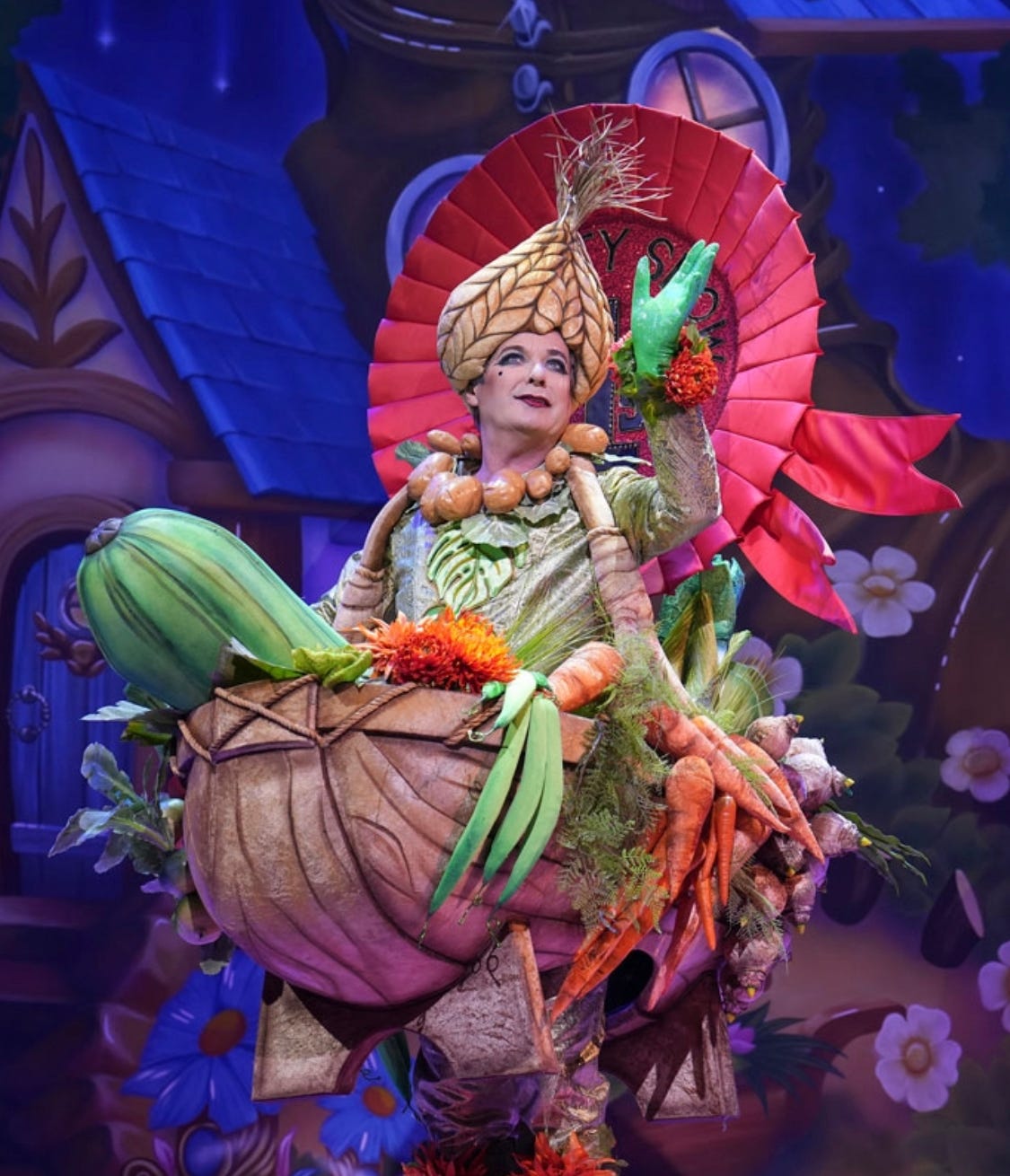Yesterday I took my 11-year-old daughter to the pantomime at London’s Palladium. It is a ritual of ours at Christmas time, we’ve been going for the last seven year and now it wouldn’t feel like the festive season without it. It is thanks to these pantos that she has an affection for eighties greats such as Nigel Havers, Gary Wilmott and Julian Clary, and luckily she’s not yet old enough to get the really rude jokes.
Our visit this year got me thinking, firstly about the etymology of the word pantomime, I mean it’s quite a strange word really, isn’t it?
There is pan- of course which means ‘all’ and ‘everything’ and the —mime is from the Greek mimos, or Latin minus — actor or imitator, and so it becomes ‘imitator of all’.
And that turned my attention back to writing, because isn’t that what we are — ‘imitators of all’? As a ghostwriter I could certainly describe myself as such, and wouldn’t any novelist? Firstly due to the fact we are creating worlds, but often we are also imitating: a seed of an idea which has arrived from life, another art form, a favourite writer.
The first recorded use of pantomime was in 1735 as ‘drama or play without words’ and ‘mime actor, one who expresses meaning by action, not words’.
But for us writers, words are our currency. But then again, action not words, there is something that we could live by, which turned my attention to a second thought of ‘rituals’ like our Christmas one, and then specifically writing rituals.
Below I’m going to give you some ideas about creating your own writing rituals, but I have been asked many times in my life ‘when do you write best?’ my answer has changed over time.




